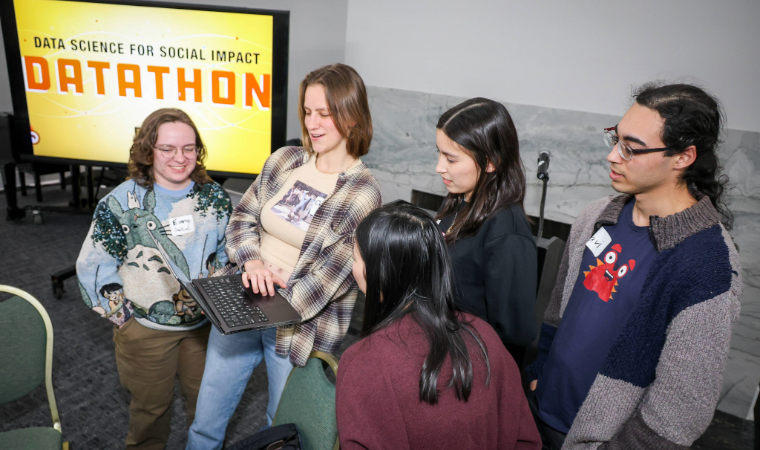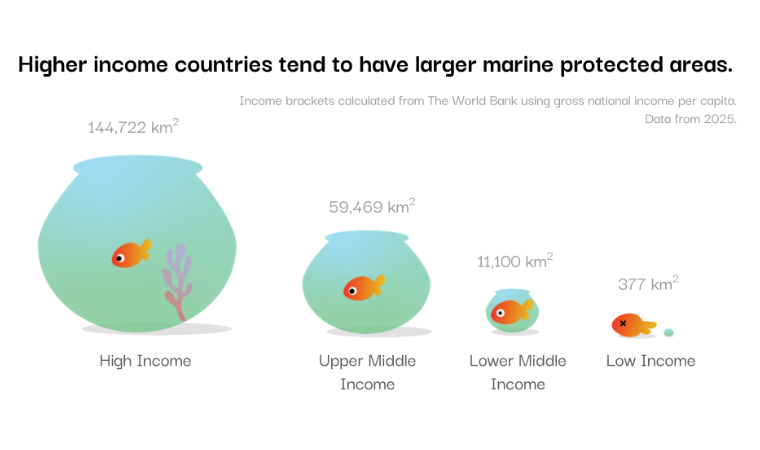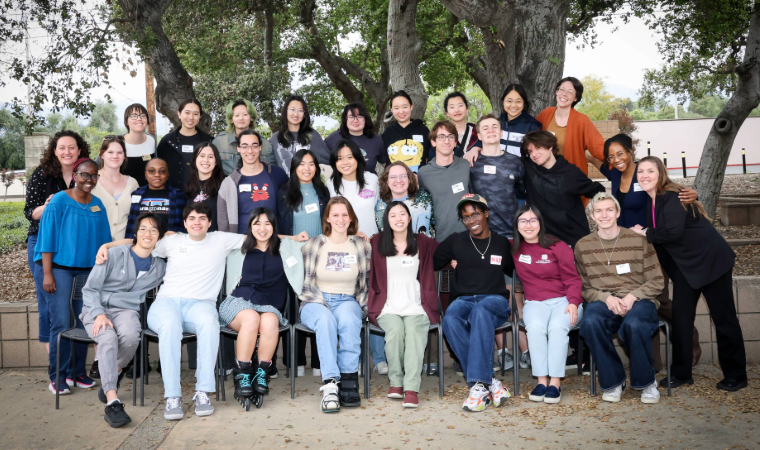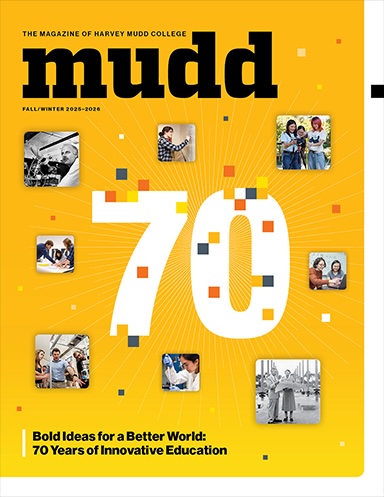Datathon Challenges Students to Communicate Data Clearly and Ethically
June 11, 2025
On March 29, students from across The Claremont Colleges gathered for a one-day datathon that challenged students to explore and visualize data while learning from experts about data science for social impact. The event was organized by team members of Harvey Mudd College’s Innovation Accelerator Laboratory for Data Science and Social Impact (DSSI).
“The main overarching principle of [DSSI] is that we want to learn beneficial ways to instruct students, stakeholders and visiting faculty who want to educate people on how to do data science that is responsible, with an eye on context,” said Jamie Haddock, Iris and Howard Critchell Assistant Professor of Mathematics.
Datathon coordinators included Lynn Kirabo (Maria M. Klawe Assistant Professor of Climate and Computer Science), Haydee Lindo (associate professor of mathematics), Susan Martonosi (mathematics professor and Chair of the Faculty) and Xanda Schofield (assistant professor of computer science). Assistant professor of climate and chemistry Sarah Kavassalis and Sarah Lammert ’25 provided day-of support.
The datathon took a picture-is-worth-a-thousand-words approach to data visualization. “However, we want those words to be truthful and ethical,” said Martonosi, “so we brought in speakers who can visualize data as a key component of ethical and impactive data science.”
Datathon speakers were Mine Dogucu, professor of teaching at UC Irvine, and Jessica Bogner, strategic data and evaluation director at the Los Angeles Unified School District. They addressed the importance of data presentation methods.
“[Bogner] and her students have been creating visualizations for research projects that show accurate data, specifically relating to wildfires,” Kirabo says. “But instead of relying on traditional methods of visualizations, they challenge us to think about who our audience may be and how to best display information to them.”
“We believe [at Harvey Mudd] that if we cannot communicate our results in a way that is impactful and understandable, then the job is not done,” Schofield said. “The datathon and having speakers active in social work was meant to give a holistic understanding of how we reach people through our work.”
During the datathon, student teams were challenged to use World Bank data on the UN Millenium Development Goals and create compelling visualizations that illustrate complex global issues. Eleven teams of 31 students from HMC and Claremont Mckenna, Pitzer and Pomona colleges were judged by DSSI directors Haddock and Lindo, Bogner, mathematics professor Heather Zinn Brooks, and HMC President Harriet Nembhard.
Mudders Kavi Dey ’26, Alicia Luo ’26 and Alyssa Sawyer ’26 received first place for their series of visualizations on the relationship between income and marine environmental protections.

“We thought it would be a fun way to spend a day working on a technical project together,” says Sawyer.
The team was inspired by a talk Mine Dogucu gave earlier that day, which described how displaying data in unconventional and creative ways can often communicate a stronger message than the traditional ways.
“Mudd has helped us grow as science communicators,” Sawyer says. “From research opportunities to classes like Math Forum and Public Speaking for Science and Citizenship, there have been a lot of opportunities to practice presenting technical topics.”

